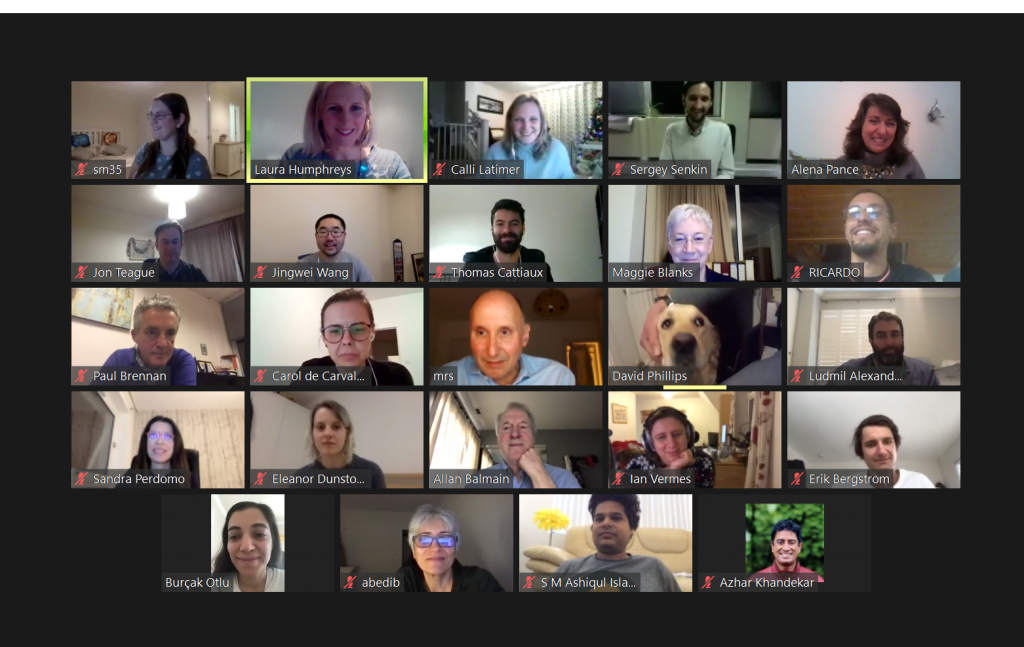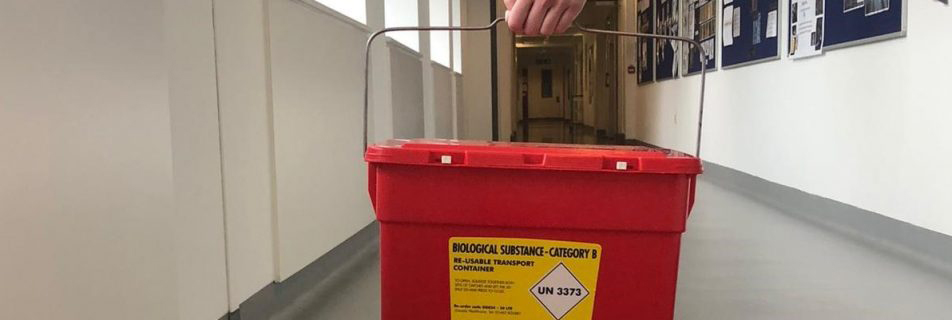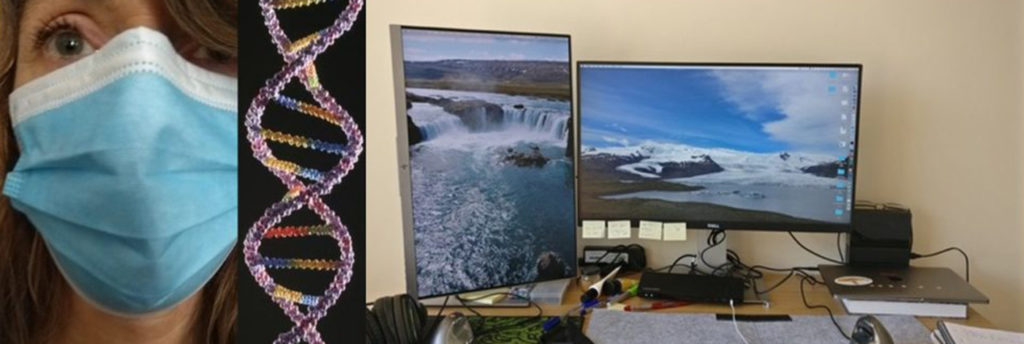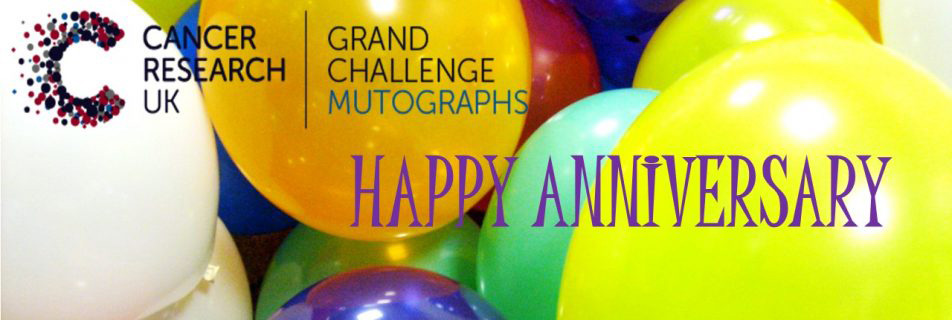Looking back at 2020 and forward into the future
What a strange year 2020 has been. Nobody could have predicted that as we started the New Year making exciting plans, everything would swiftly come to a halt and never quite get back to ‘normal’ again. Mutographs, like most research projects had to quickly adapt to the new ways in which science was to be done. The institutes where the teams are located slowly resumed critical research, but had to adapt to the new circumstances, which meant one-way systems, masks provisions and sanitiser stations everywhere. Reduced occupancy rules for labs and offices meant that shifts had to be organised for people to be able to work. Certainly, they are not the same places we were used to: buzzing with discussions, excitement, plans and celebrations; to become empty corridors and individual people sitting at individual tables having to raise their voices to talk to each other.
The computational work was much less affected, though again adapting to extend IT resources to home was required. Some changes did have consequences on overall productivity though. For example, having children at home for such a long time gave a precious opportunity to have more quality time with them, which inevitably crept into working time.

Photo credit: Alena Pance
The Mutographs work flow was greatly affected because access to samples fully depends on direct contact with vulnerable patients and local regulations have been changing all the time. But international partners and the team at IARC have made exceptional efforts to get things going. With this collaborative effort, all the hurdles, from a patient agreeing to participate, to treatment being provided, samples being collected, sent, recovered, processed, analysed, DNA extracted and sent, retrieved processed and analysed, were overcome. The end result has been a great move forward for the project, culminating in a number of manuscripts including a major piece of work being submitted on the 15th of December.

Photo credit: Alena Pance
There were achievements in the interaction with patients as well. Once the despair of not being able to realise the planned visits of centres around the UK receded, the new approaches were embraced to continue this work online. So it was that virtual visits were organised to meet researchers, medical and healthcare staff as well as patients in countries that this year seemed more out of reach than ever. The work, communication and exchange with our partners continued, strengthening the relationships and increasing our knowledge. These visits now leave the horizon open for the future to reach further and gather a wider view and understanding of the context of cancer around the world. This is a positive outcome to take away from this very strange year.
We have adapted to the difficulties this year threw at us and we have learned important lessons and now as we and the world slowly get back on our feet, we hope for a better year 2021.

The Mutographs teams reunion to review the achievements of 2020 and celebrate the submission of one of the landmark manuscripts from the research. Photo credit: Laura Humphreys



